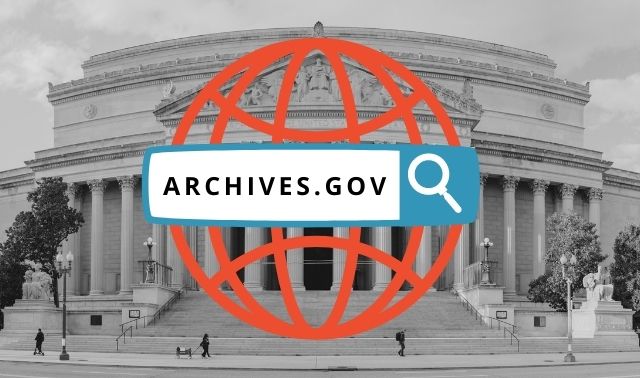Sign up for the Family Tree Newsletter Plus, you’ll receive our 10 Essential Genealogy Research Forms PDF as a special thank you!
Get Your Free Genealogy Forms
"*" indicates required fields
For many researchers, belonging to a lineage society is an honor in itself. Membership has plenty more privileges, though: For example, it connects you with family historians who have similar research interests, and lets you access the organization’s library and other resources. To qualify for most lineage societies, you’ll need to trace your direct line back to an ancestor who meets specific criteria, and provide thorough documentation of your connection.
Although the required documentation varies by society, you can expect to spend considerable time on your application. Generally, societies require proof of all places, dates and relationships. Acceptable sources for establishing descent include vital, census and probate records; wills; family Bibles and letters. Membership qualifications also vary by group: Some are gender-specific, some require stringent documentation and others are invitation-only.
So what sorts of organizations could you join? Most lineage societies fall into the following categories:
• War societies: War-related lineage societies, such as the National Society Daughters of the American Revolution (DAR) <www.dar.org>, probably outnumber all the other types. To qualify for membership, you must descend from someone who served in a specific war, either as a soldier or in some other accepted category.
• Old World societies: Discovered your lineage traces back to Louis XIV? Then you might apply for membership in an Old World society. These organizations, such as the Order of the Crown of Charlemagne in the United States <www.charlemagne.org>, require members to trace their lineage back to nobility or royalty.
• Colonial societies: In general, members of Colonial societies must have ancestors who lived in one of the 13 original Colonies before a specified date. For example, the National Society Colonial Dames of the XVII Century <www.colonialdames17c.net> requires you to have an ancestor in the Colonies before 1701. Some Colonial societies connect descendants of people in particular professions, such as physicians, governors, clergy or tavern keepers.
• Early-settler societies: These organizations admit genealogists who can trace an ancestor to a specific place before a certain date. Although a few of the societies, such as the National Society of New England Women <members.aol.com/calebj/nsnew.html>, cover an entire region, most are state-specific. In general, these societies require you to have an ancestor who arrived in the area before statehood or — in some cases — before the signing of the US Constitution.
ADVERTISEMENT




